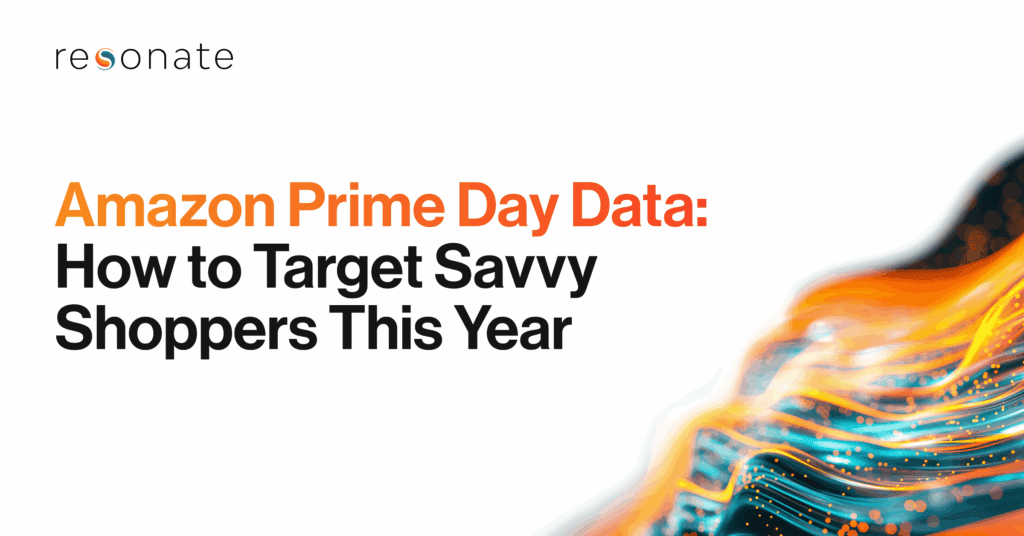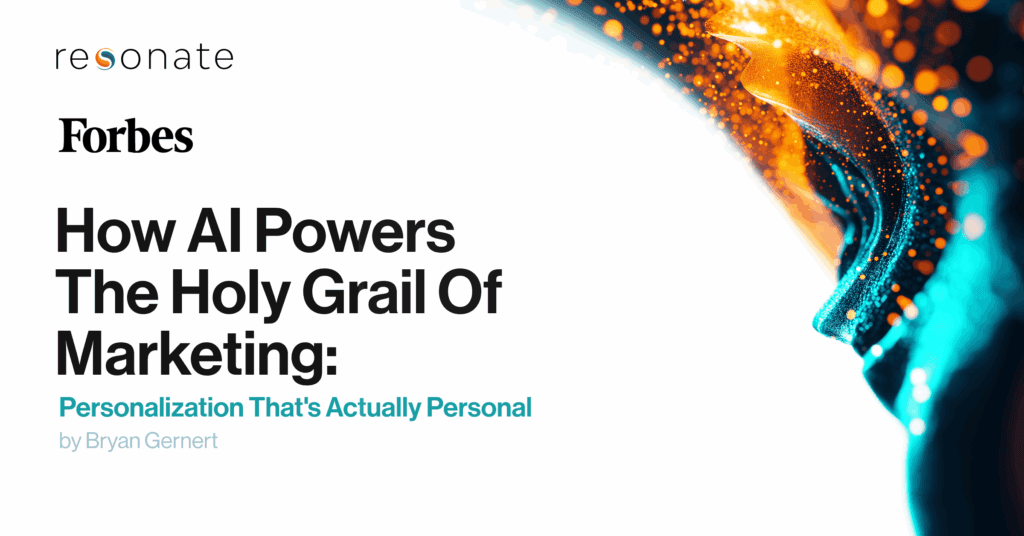CONSUMER SENTIMENT ACROSS STATES
In recent weeks there has been a massive spike in COVID-19 cases in certain regions of the country. Going into Fourth of July weekend, 40 out of 50 states saw an increase in cases. Certain states, in the south and west in particular, are seeing record-high infection numbers. Florida hit a record high 15,000 new COVID-19 infections on July 11, with Miami being dubbed as the epicenter of the virus. In Texas, hospitals are running out of beds, medicine and ventilators. On the other hand, only two states, Connecticut and Rhode Island, are seeing a decrease in COVID-19 cases.
Given what we know about these states, it poses the question about the consumers living there. What are their motivations, values and preferences at this current moment? What safety precautions are they taking and how do they differ from other states? How have their lives changed since early March? If you’re a brand or retailer looking to target residents of Florida, Texas, Connecticut, Rhode Island or any other state, it’s important to have a deep understanding of who they are and their ever-changing behaviors and preferences based on the state of their state.
Using Resonate’s proprietary DMA® data, we did a deep dive of the consumers living in the three most populated cities in Florida, Texas, Connecticut and Rhode Island.
FLORIDA
We looked at the 9.3 million residents of Miami – Fort Lauderdale, Tampa – St. Petersburg – Sarasota and Jacksonville – Brunswick. Not surprisingly, 17% of consumers are 65+ and 38% more likely to be retired. When it comes to their top personal values, they put emphasis on being in charge, maintaining a good public image and acquiring wealth and influence. Stay-at-home orders were a direct hit to their value of being in charge, which explains why they were more likely to resist. that rule.
Floridians are 85% more likely than the average U.S. consumer to be concerned with coronavirus to a small extent, making the high number of COVID-19 cases even more concerning, as those over 60 are considered a high-risk group. They’re 24% more likely to believe that life will return to normal in less than a month. This isn’t surprising as Florida was one of the first to reopen their economy on May 18, which included salons, sports venues, restaurants and gyms (at 50% capacity). They’re 12% more likely to be concerned about a family member contracting the virus to a small extent.

Source: Resonate Ignite Platform, July 2020
When it comes to safety precautions, they’re 11% less likely to be quarantining in their homes to a large extent and they’re only 1% more likely to be practicing social distancing to a large extent. When it comes to their personal finances, their concerns have increased. They’re 18% more likely to be concerned about filing bankruptcy to a large extent, 16% more likely to be concerned about having their car be repossessed to a large extent and 15% more likely to be concerned about taking out another mortgage to a large extent. This makes sense as 41% of Florida residents are concerned about the health-related impact of COVID-19, while 55% of them are concerned about the economic-related impact.

Source: Resonate Ignite Platform, July 2020
When it comes to retail, Florida residents are 47% more likely to visit a pharmacy or grocery store in the next 90 days and 88% more likely to decrease their use of subscription services. This means grocery stores with locations in Florida should expect an increase of shoppers in their stores soon, specifically Publix, as this segment is 530% more likely to shop there. When it comes to product preferences, they prefer ones that are popular, unique and safe. As for their key shopping factors, they’re 242% more likely to prefer stores with good customer service, so as Floridians begin to come back to stores, be prepared to have your staff ready and willing to help with their needs.
TEXAS
We looked at the 15.3 million residents of Houston, San Antonio and Dallas – Fort Worth. They’re mostly married men and women between ages 35-44 with full-time jobs and a household income between $25 – 50K. When it comes to their top personal values, they put emphasis on being humble, safety in oneself and family and maintaining a good public image. It’s interesting to note that one of their top values is safety, even though many residents are refusing to wear masks in public, an act that would keep them safe.
Texans are 10% less likely to be concerned about the coronavirus situation to a large extent. They’re 13% more likely to believe life will return to normal in one month or less and 9% more likely to have met between 10 and 20 people in person last week. Only 17% of Texans are concerned about personally contracting the virus and they’re 4% less likely to be concerned about a friend or family member contracting the virus. This falls in line with the fact that Texans are 5% less likely to be concerned about health-related consequences of COVID-19 to a large extent and 45% of them are concerned about the economic-related consequences to a moderate extent.


Source: Resonate Ignite Platform, July 2020
When it comes to safety precautions, 63% of them avoid physical stores to a moderate extent, 60% of them avoid touching their face to a moderate extent and 58% of them disinfect hard surfaces to a moderate extent. In terms of their personal finances, they’re 72% more likely to review or research life insurance policies, 51% more likely to increase their retirement savings and 18% more likely to monitor their expenses.
When it comes to retail, they’re 90% more likely to decrease their online ordering of groceries, which means they’re feeling more comfortable to return to in-store shopping for food. Keep this in mind when you’re promoting in-store only offers, they’ll likely play better at physical stores in Texas, where people are ready to buy groceries in person. You’re 1,084% more likely to find these shoppers in H-E-B. When it comes to product preferences, Texans want items that are family-friendly, popular and innovative. Stocking a shelf at the front of the store full of your best-selling items will likely entice these consumers. When it comes to key shopping factors right now, 76% of Texans put the most emphasis on price. Highlight your weekly deals in your Texas stores for shoppers to see as they stroll thru the aisles.

Source: Resonate Ignite Platform, July 2020
CONNECTICUT AND RHODE ISLAND
How are the consumers in these New England states different from the consumers in states where the COVID-19 cases are at an all-time high?
We looked at the 3.5 million residents in Hartford – New Haven, CT and Providence – New Bedford, RI. They’re mostly made up of married females ages 45-54 with no children under 18 and an average household income between $100 – $150K. Their top personal values are avoiding harming or upsetting people, acceptance of those who are different and being admired. Since they want to avoid harming others, it explains why cases are so low. These residents are obeying the rules and staying home to avoid getting others sick.
43% of these New Englanders are concerned about the coronavirus situation to a large extent. They’re 19% more likely to be concerned that a friend or family member will catch coronavirus to a large extent and 13% more likely to be concerned that there isn’t enough PPE for healthcare providers to a large extent. 52% of this segment is concerned about the number of hospital beds available to a large extent and 51% are concerned about the number of available ventilators to a large extent. Still, similar to the other groups, 44% of this group is concerned about health-related consequences of the coronavirus to a large extent, while 56% is concerned about the economic-related consequences.

When it comes to safety precautions, 61% of CT and RI residents are practicing social distancing to a large extent, 43% are quarantining in their homes to a moderate extent and 42% are disinfecting surfaces to a large extent. In terms of personal finances, they don’t seem to have many concerns. 86% say their likelihood of increasing retirement investments remains the same as pre-COVID-19 and 77% say that their likelihood of saving money remains about the same.
When it comes to retail, 76% say their likelihood of ordering groceries online is staying the same. Despite the fact that cases are dropping across both states, residents are wary of getting back out into physical stores. 72% say their likelihood of visiting the pharmacy or the grocery store is staying the same, but 48% say their likelihood of making a major purchase has decreased. This is important for retailers of big-ticket items to note. This group isn’t planning on buying major items like cars or appliances any time soon, so it will likely be more effective to focus your marketing efforts towards a segment that is.
HOW YOU CONNECT WITH CONSUMERS DEPENDS ON WHERE THEY LIVE
In a time when so much is uncertain and the health of U.S. consumers is varying drastically from state to state, having an up-to-the-moment deep understanding of your target customers is critical to your company’s success. Using data from a month ago won’t get you the results your business needs. Resonate’s proprietary DMA® data gives you a comprehensive understanding of your customers and prospects in any area you’re looking to target. In times like these, where public safety protocol is (or isn’t) top of mind, consumer location matters more than ever before.
Want even more real-time actionable insights? Read our latest report on consumer sentiment on COVID-19.



